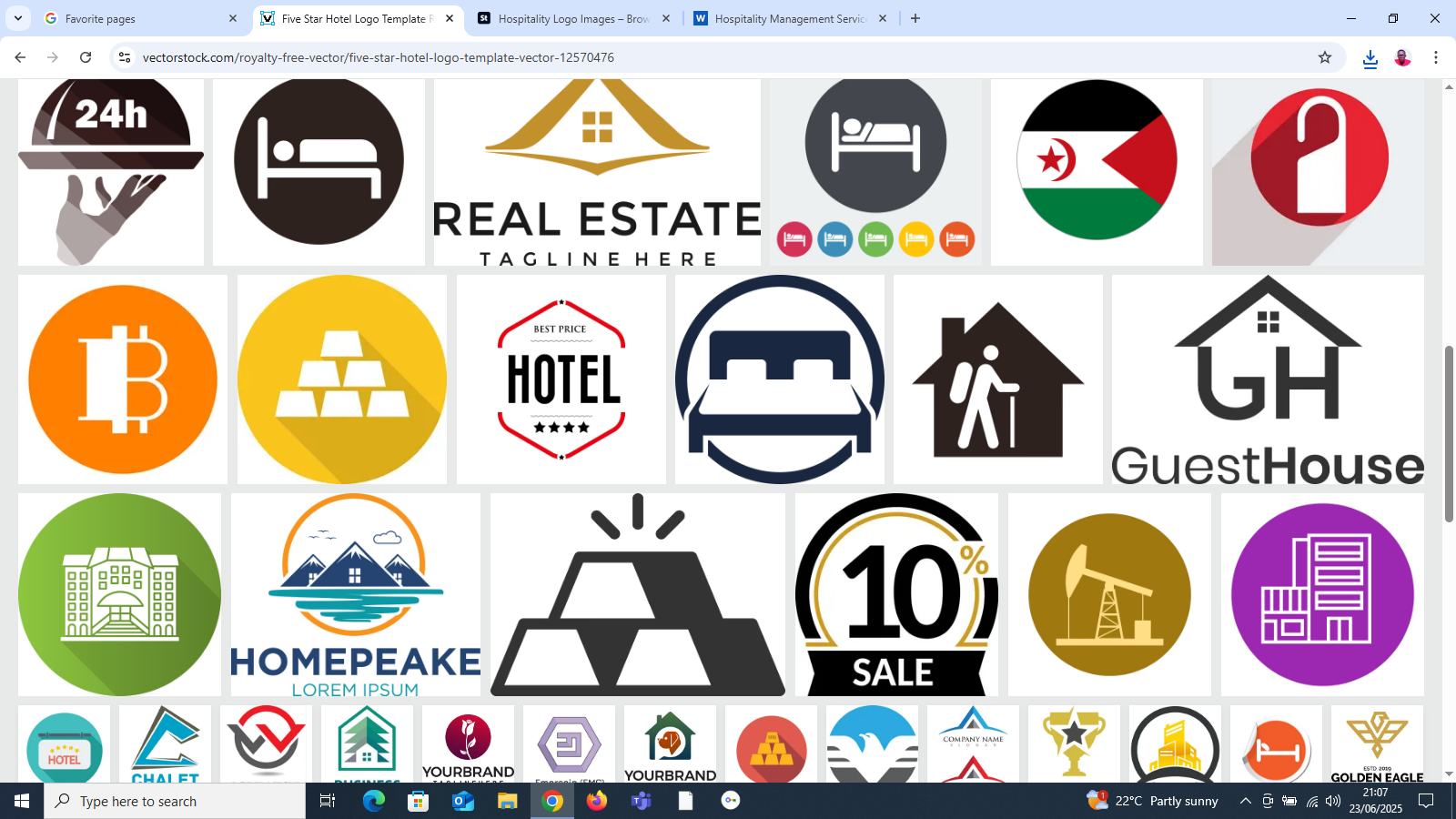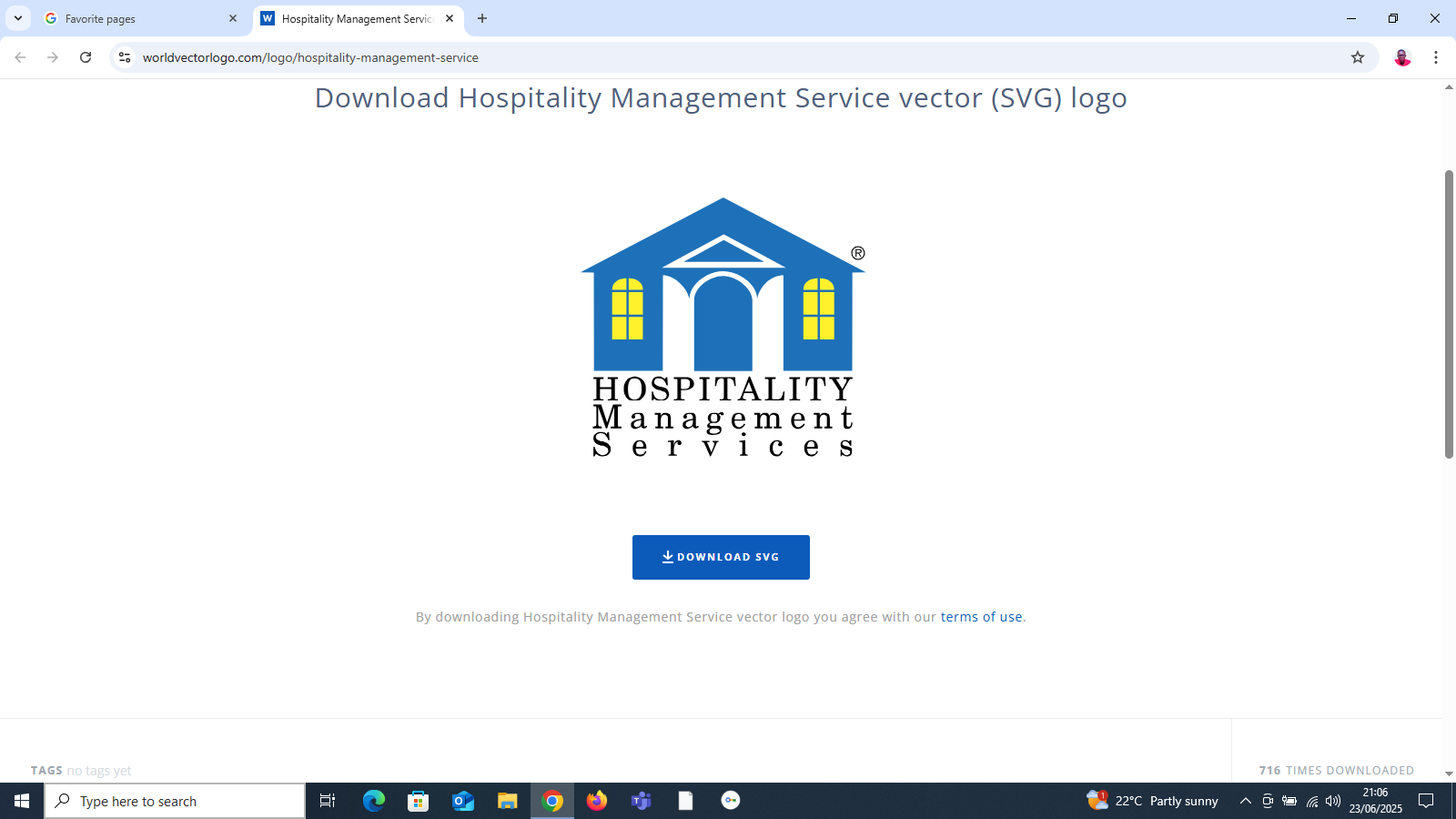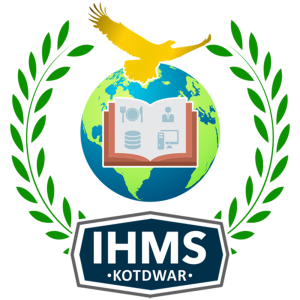
Food and beverage service refers to the process of preparing, presenting, and serving food and drinks to customers in dining establishments such as hotels, restaurants, cafes, bars, and event venues. The primary goal is to provide a positive and enjoyable dining experience through professional service, quality products, and customer satisfaction.
- Teacher: derekw klande

Course Title: Control Unit in Hospitality Management
Course Objectives:
By the end of this course, learners will be able to:
-
Understand the role of the control unit in a hospitality operation.
-
Implement procedures for cost control and inventory management.
-
Apply purchasing and receiving controls.
-
Monitor and analyze food, beverage, and labor costs.
-
Maintain internal control and auditing systems to prevent fraud and loss.
Course Duration:
-
30–40 hours (can be adjusted depending on delivery mode: full-time/part-time/workshops)
Module Breakdown:
Module 1: Introduction to Hospitality Control Systems
Duration: 2 hours
Topics:
-
Definition and importance of the control unit
-
Organizational structure of control departments
-
Types of control (food, beverage, labor, inventory, cash)
-
Role in profit protection and operational efficiency
Module 2: Food and Beverage Cost Control
Duration: 6 hours
Topics:
-
Food cost and beverage cost formulas
-
Portion control and yield testing
-
Menu engineering and pricing strategies
-
Standard recipes and cost sheets
-
The role of sales forecasting
Activities:
-
Calculate food cost percentages
-
Recipe costing exercise
Module 3: Purchasing and Receiving Controls
Duration: 5 hours
Topics:
-
Purchasing cycle and policies
-
Supplier selection and tendering
-
Purchase orders and requisitions
-
Receiving procedures (quality, quantity, documentation)
-
Storage conditions and stock rotation (FIFO/LIFO)
Activities:
-
Simulated receiving and inspecting goods
-
Creating purchase documentation
Module 4: Inventory Management and Stock Control
Duration: 5 hours
Topics:
-
Types of inventory (perishable, non-perishable, operational)
-
Physical vs perpetual inventory
-
Stocktaking procedures
-
Inventory turnover ratio
-
Waste management and stock pilferage control
Activities:
-
Stock count simulation
-
Inventory variance analysis
Module 5: Labor Cost Control
Duration: 4 hours
Topics:
-
Labor cost elements (wages, benefits, indirect costs)
-
Labor scheduling and productivity
-
Timekeeping and attendance systems
-
Payroll control
Activities:
-
Analyze labor cost reports
-
Create a staff schedule based on forecasted occupancy
Module 6: Budgeting and Forecasting
Duration: 4 hours
Topics:
-
Types of budgets (operating, capital, cash)
-
Preparing sales and expense forecasts
-
Variance analysis

